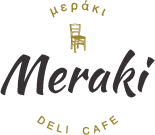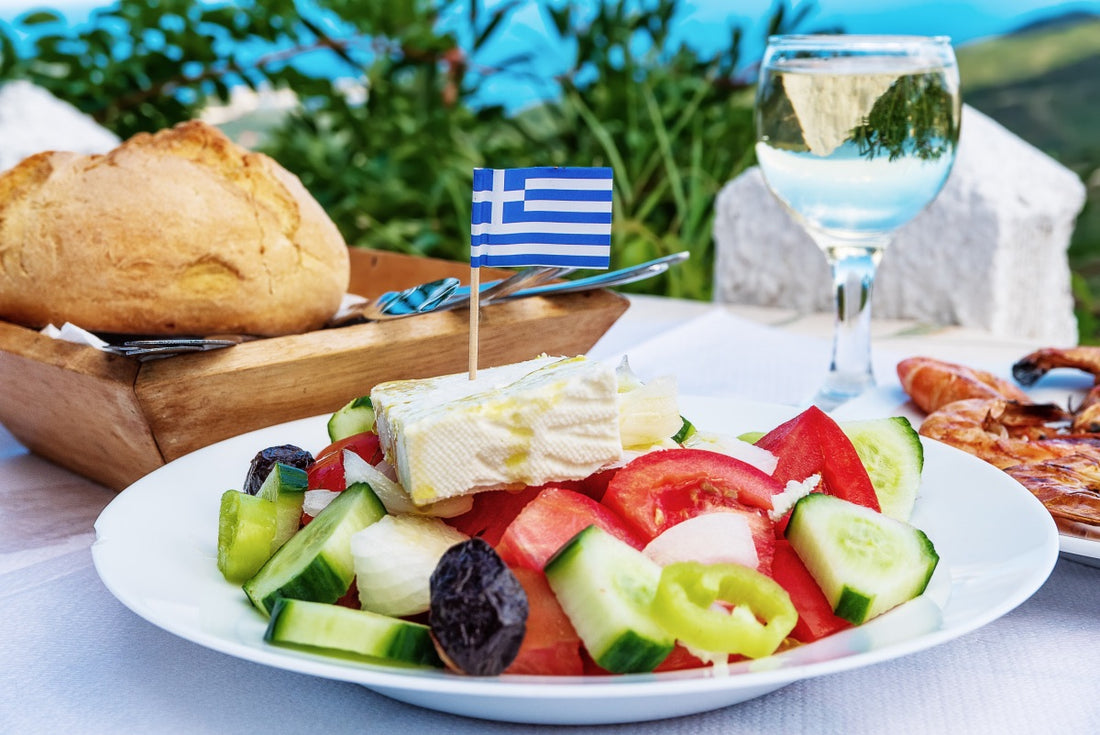Greek culture is steeped in rich traditions, where food plays a significant role in festivals, celebrations, and daily life. Among these culinary customs, the practice of Nistisima, or fasting, holds a special place. Nistisima isn't merely about abstaining from certain foods; it encompasses a profound spiritual and cultural significance that shapes the Greek way of life. Let's delve into the essence of Nistisima and its multifaceted impact on Greek culture.
Understanding Nistisima
Nistisima refers to the Greek Orthodox fasting periods, observed throughout the year. These fasts involve abstaining from certain foods, mainly meat, dairy, fish, and olive oil, among other animal products, on specific days or periods. The fasting calendar is tied to religious events such as Lent, where believers undertake fasting as a form of spiritual discipline, penance, and preparation for important religious celebrations.
The Greek Orthodox Church has various fasting periods, notably:
-
Great Lent: Leading up to Easter, Great Lent lasts for 40 days, mirroring Jesus Christ's 40-day fast in the wilderness. This period involves strict fasting and prayer.
-
Nativity Fast: Preceding Christmas, this fast spans 40 days and involves abstaining from certain foods to honour the birth of Christ.
-
Apostles' Fast: Occurring after Pentecost, this fast commemorates the Apostles' fast and typically lasts for a variable duration.

Significance of Nistisima in Greek Culture
Nistisima isn't solely a religious practice; it's deeply ingrained in Greek cultural identity. It fosters a sense of community and togetherness as families and friends gather to observe the fasting periods. Traditional Greek fasting dishes, such as fasolada (bean soup), ladera (vegetable stews), and various Lenten pastries, showcase the culinary creativity born out of these dietary restrictions.
Moreover, Nistisima reflects the Greek reverence for the Mediterranean diet, emphasising the consumption of plant-based foods, legumes, grains, and olive oil. It not only promotes health but also demonstrates the connection between food, spirituality, and well-being in Greek society.
Beyond its dietary aspects, Nistisima instills values of self-discipline, reflection, and empathy. Fasting encourages introspection, fostering a deeper connection with one's faith and a heightened awareness of the needs of others. It serves as a reminder of the importance of compassion and charity towards the less fortunate.
At Meraki Deli Cafe, we offer a wide selection of take-home meals to enjoy over Nistisima:
-
Gigantes (beans)
-
Manestra (tomato pasta)
-
Mediterranean Orzo
-
Calamari Salad
-
Herbed orzo with chickpeas
-
Fakes (lentils)
Contact us today to place your order and enjoy a delicious home-cooked meal from only R100 per dish!

Challenges and Modern Interpretations
While Nistisima holds profound cultural and religious significance, modern-day challenges have influenced its practice. In contemporary society, adhering strictly to fasting rules might be more demanding due to lifestyle changes, busy schedules, and the availability of diverse food options. Some individuals may interpret fasting in a more flexible manner, focusing on mindful eating and spiritual reflection rather than strict dietary limitations.
Nistisima stands as a testament to the intricate blend of spirituality, tradition, and gastronomy in Greek culture. It symbolises a holistic approach to life, emphasising the interconnectedness of food, faith, and communal values. Whether strictly adhered to or adapted in contemporary contexts, the essence of Nistisima continues to shape Greek identity, fostering a deep appreciation for tradition and spirituality within the wider cultural tapestry.

